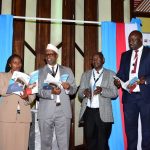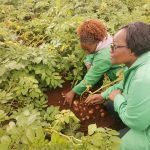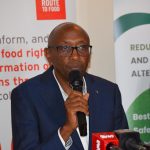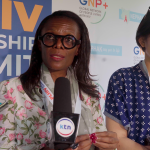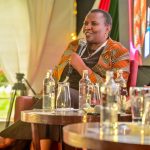Scientists and stakeholders from different countries gathered at the International Centre of Insect Physiology and Ecology (ICIPE) in Nairobi for a transformative gender training workshop.
The workshop focused on integrating the One Health approach with gender equality in agri-food systems and attracted participants from Ethiopia, Rwanda, Kenya and beyond. Discussions centered on how gender integration can revolutionize agricultural and environmental health, paving the way for sustainable development.
The One Health framework emphasizes the interconnectedness of human, plant, animal, and environmental health, and recognizes that challenges in one area can affect the others.
Dr. Beatrice Muriithi,Scientist, Gender and Impact Assessment in the icipe’s Social Sciences and Impact Assessment Unit underscored the importance of an inclusive strategy. She noted that neglecting gender disparities renders efforts to improve food systems and the health sector incomplete.
Dr. Muriithi encouraged stakeholders to pursue local solutions and invest in human capital to ensure long-term success. Mobilizing local resources and incorporating gender equality into funding proposals can help ensure stable support for these projects.
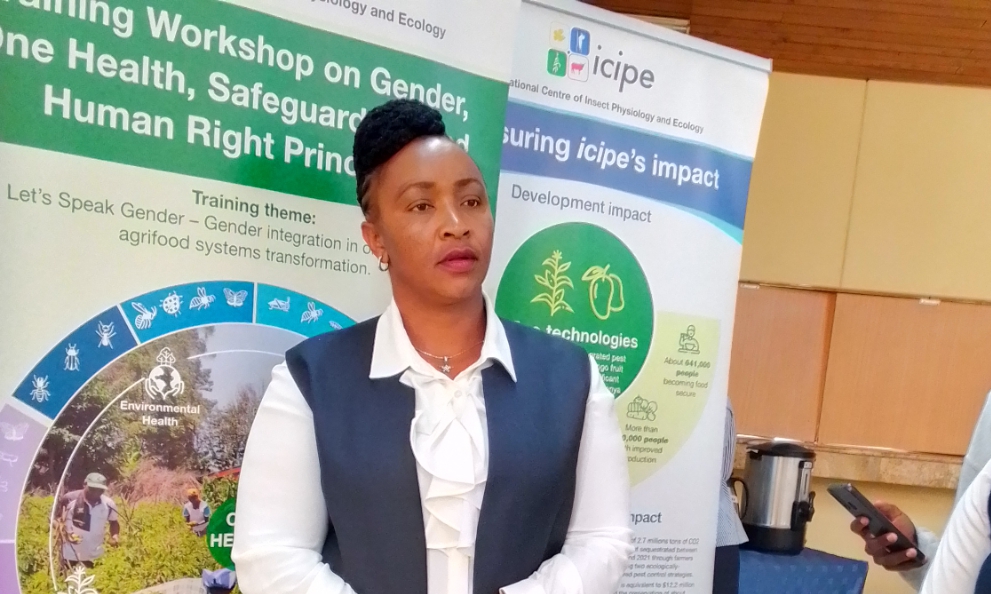
Participants included representatives from Kenya’s public health, agriculture, and animal health sectors. Together, they explored strategies to ensure equitable access to resources such as financial support, training, and inputs. Women farmers often face barriers that prevent them from fully benefiting from agricultural innovations. Addressing these inequalities is critical to building sustainable food systems and improving health outcomes.
Dr. Rahma Adam, a senior scientist at WorldFish, highlighted the critical role of women in agri-food systems. She noted that while women are central to food security and household nutrition, they often lack access to resources and decision-making platforms. Dr. Adam emphasized the need for research institutions and policy makers to work together to break down these barriers and empower women in agriculture.
The workshop also addressed the funding challenges facing One Health projects. Many African initiatives rely heavily on donor support, raising concerns about their sustainability.
The role of youth in agri-food systems was another focus of the discussions. With Africa’s burgeoning youth population, experts believe that agriculture holds significant untapped potential. However, many young people perceive agriculture as unattractive. To change this perception, access to training, financing and mentorship programs is essential. Areas such as value addition, agribusiness and food processing were identified as sectors where youth can excel without necessarily engaging in traditional farming.
The event provided a platform for researchers, development practitioners, and private sector actors to collaborate on solutions that promote gender equality within the One Health framework. As the dialogues continue, experts anticipate the emergence of more policies and initiatives that empower women, youth, and marginalized communities in agriculture, health, and environmental conservation.
By integrating gender considerations into the One Health approach, the workshop aims to cultivate a more inclusive, sustainable and resilient One Health.

